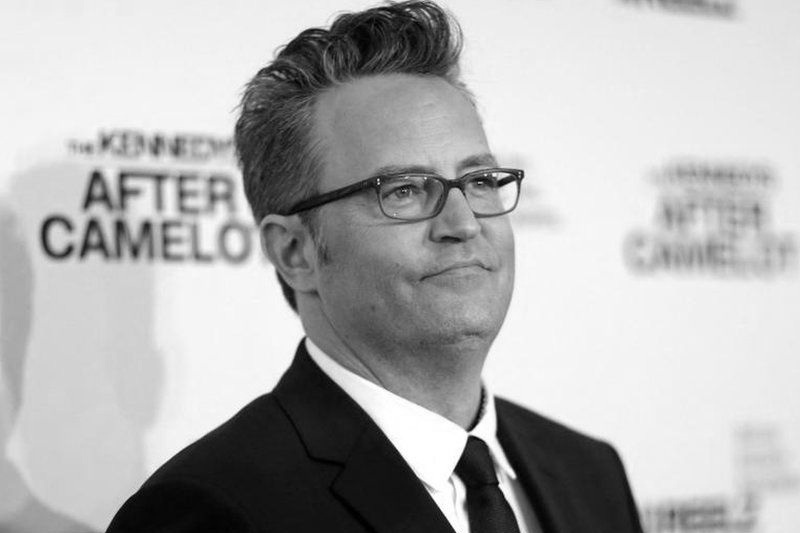
Matthew Perry: Watching ‘Friends’ May Be Difficult Right Now. But It Will Get Easier
The death of Matthew Perry at age 54 has seen an outpouring of grief from fans and the Hollywood community. The actor was best known for his role as Chandler Bing in the television series ‘Friends’. Tributes have poured in for the gifted star.
His passing has shocked both who admired his acting work as well as those who were familiar with his efforts to raise awareness about the pains of addiction. Many of us feel we have lost a personal friend in Perry. Has it got to do anything with the enduring appeal of the sitcom?
Each Character Was Flawed But Inherently Likeable
Why are people shocked by Perry’s demise when they didn’t know him in person? Because they sort of did. Millions of fans around the world grew up watching Friends. To understand the series’ constant appeal almost 30 years since it debuted, we need to consider time.
Part of Friends’ popularity lies in its timing. The show premiered in early 1990s, a period when network television was still dominant. The 2004 finale brought in 52.5 million viewers in the US, on top of maintaining an average of more than 20 million viewers each season.
Friends then entered repeats across the globe and has not left our screens since. One of the most popular shows of its era, the series brought people together. It did not only reflect style of the time, it also frequently created it including Jennifer Aniston’s haircut, coined “The Rachel”.
Keep Reading
When The Performers Pass Away, We Feel Real Grief
Each character was flawed but inherently likeable. Friends was a show we watched with our families or friends and spoke about the next day with colleagues. Basically, it provided a common connection, highlighting a crucial function television viewing serves.
In forming relationships with fictional characters, we form connections with the actors who bring them to life. The lines between character and creator become blurry gradually. Therefore when the performers pass away, we feel real grief like we do now.




